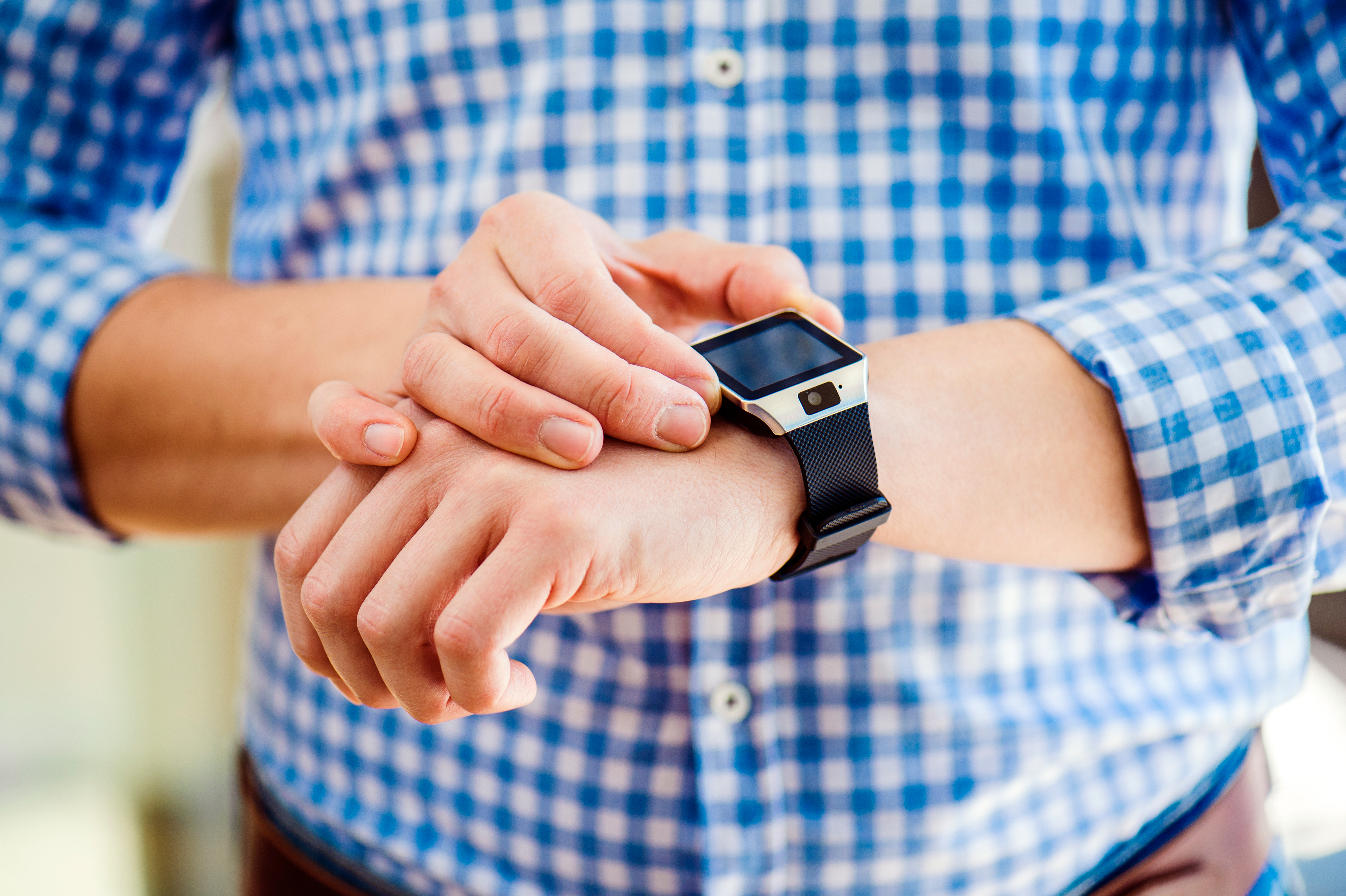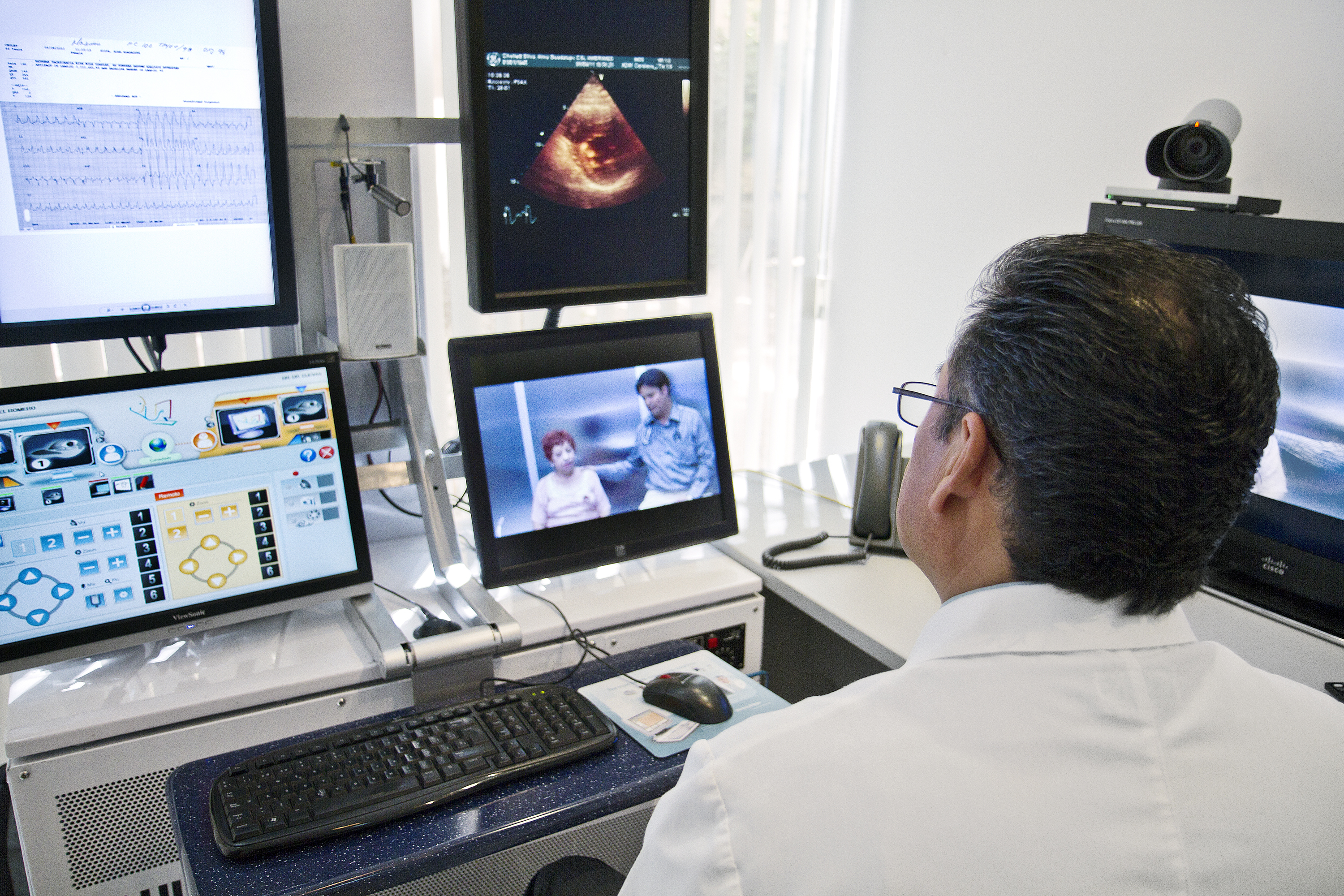14 Remote Patient Monitoring Tools Changing Chronic Disease Management Forever
The landscape of healthcare is undergoing a profound transformation, driven by technological advancements that are reshaping how chronic diseases are managed. Remote patient monitoring (RPM) tools have emerged as a pivotal force in this evolution, offering unprecedented opportunities for continuous, personalized, and proactive healthcare. As chronic diseases like diabetes, heart disease, and respiratory conditions continue to rise globally, the demand for efficient, effective, and patient-centered management solutions has never been more critical. RPM tools are at the forefront of this shift, promising to revolutionize patient care by enabling real-time health data collection, analysis, and intervention. This article sets the stage for an in-depth exploration of 14 groundbreaking innovations in RPM tools that are poised to redefine chronic disease management and improve patient outcomes. By examining these innovations, we can gain insights into the future of healthcare, where technology and human touch converge to create a more sustainable and accessible system for all.
1. Wearable Devices: The Frontline of Continuous Monitoring

Wearable devices have become synonymous with modern health monitoring, offering patients and healthcare providers a seamless way to track vital signs and health metrics continuously. These devices, ranging from smartwatches to specialized health monitors, are equipped with sensors that capture data such as heart rate, blood pressure, and activity levels. The ability to monitor these parameters in real-time allows for early detection of potential health issues, enabling timely interventions and reducing the risk of complications. Wearables also empower patients to take an active role in managing their health by providing them with insights into their daily habits and lifestyle choices. As technology advances, wearable devices are becoming more sophisticated, incorporating features like ECG monitoring and blood oxygen level tracking, further enhancing their utility in chronic disease management. The integration of artificial intelligence and machine learning algorithms into these devices is also paving the way for more personalized and predictive healthcare, where data-driven insights guide treatment plans and improve patient outcomes.
2. Telemedicine Platforms: Bridging the Gap Between Patients and Providers

Telemedicine platforms have emerged as a crucial component of remote patient monitoring, providing a virtual bridge between patients and healthcare providers. These platforms facilitate remote consultations, allowing patients to receive medical advice, diagnosis, and treatment without the need for in-person visits. This is particularly beneficial for individuals with chronic conditions who require regular follow-ups and monitoring. Telemedicine not only enhances access to care but also reduces the burden on healthcare systems by minimizing the need for hospital visits and admissions. The integration of RPM tools with telemedicine platforms enables healthcare providers to access real-time patient data, improving the accuracy of diagnoses and the effectiveness of treatment plans. Moreover, telemedicine platforms are equipped with secure communication channels, ensuring patient privacy and data security. As telemedicine continues to evolve, it is expected to play an increasingly vital role in chronic disease management, offering a convenient, efficient, and patient-centered approach to healthcare delivery.
